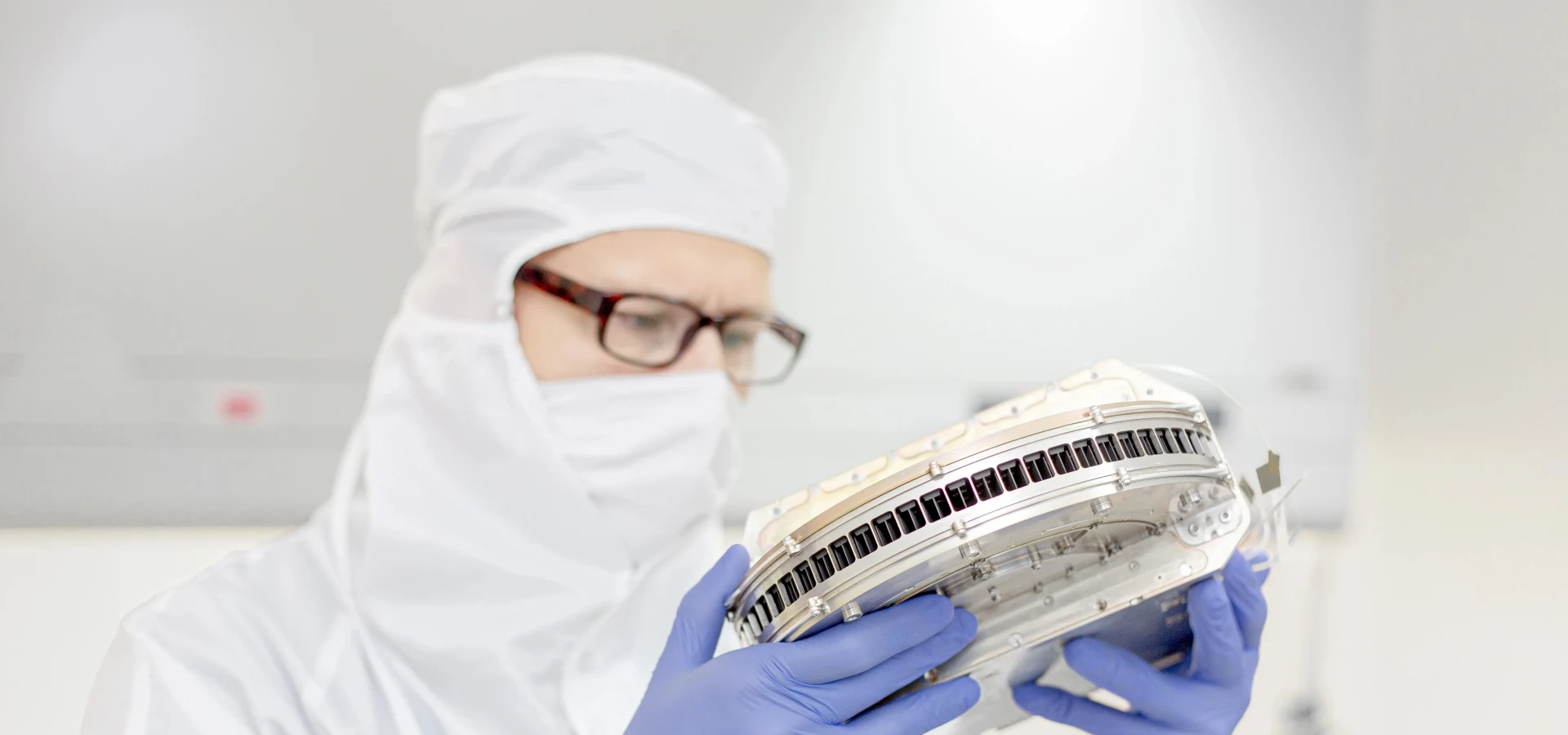
Description
The large number of new satellites greatly increases the risk of collisions and requires accurate mapping of space objects. The Institute of Space Physics (IRF) and EISCAT AB will develop signal analysis and experiments for three-dimensional measurements of meteoroids and space debris with the new research radar EISCAT_3D. Data processing for space objects will be developed in parallel with data processing for ionospheric physics and aurora observations. The project uniquely combines modeling and analysis of radar data.
Tasks
EISCAT_3D is a radar system for space and atmospheric research that has been under construction in northern Scandinavia since 2017. The PhD project will develop technically advanced methods to enable three-dimensional measurements of space objects with EISCAT_3D. EISCAT_3D will, when the radar system is fully deployed, be able to measure orbits of space debris as small as a few centimeters in size. The orbits of these space objects can be determined using a single measurement from EISCAT_3D's three receiver stations.
IRF will work closely with EISCAT AB to study:
1) how the highly variable ionosphere at EISCAT_3D:s latitude affects the quality of orbit measurements,
2) how well it is possible to correct for ionospheric effects by measuring space objects and the current electron density in the ionosphere with a single radar experiment, and
3) how EISCAT_3D's antenna gain looks at the antenna, group, and antenna field level.
Data processing for space objects is being developed in parallel with data processing for ionospheric physics. This will enable better data products for both observation methods. The objective of the project is to significantly improve the capability to measure and track space objects for space situational awareness applications with the EISCAT radar system. The developed methods will be described in peer-reviewed publications and made available to the international research community.
The three project objectives above will enable you to conduct unique research studies of the Earth's space debris environment and meteors.
Qualifications
Applicants should have a PhD in space physics, physics, or a related field and have qualifications deemed equivalent by the employer. You should have good programming skills (Python, C++, or equivalent). Experience in signal processing, inverse problems, and/or numerical calculations in areas related to the work is an advantage.
We are looking for you who want to work in an intercultural and international environment and have a high ability to work both independently and as part of a team. Good ability to communicate orally and in writing in English is a requirement. Swedish language skills are an advantage. Working with radar data from space objects may require you to undergo security clearance.
Terms and conditions
The position is located in Kiruna and is offered on a three-year contract. Start date as soon as possible or as agreed. We apply individual salary setting. Applications should include a CV with a list of publications, a cover letter describing relevant experience and contact details of two professional references.
What we offer
We offer a workplace with flexible working hours, up to seven weeks of vacation per year, well-developed occupational health care with wellness activities, wellness allowance and access to a gym at the workplace.
Equality, equal opportunities and diversity are fundamental principles in our workplace. We work with integrated gender equality, which means that gender equality aspects are taken into account in daily work and in all decision-making processes.
